Ancient Egypt Investigated
How well do we really know ancient Egypt? The world of the Egyptians seems so familiar to us: exhibitions of ancient art and archaeological discoveries in the desert sands continue to generate interest and amazement, while Egyptian motifs appear in architecture, in literature, in art works, in advertising, and in films. And yereception can sometimes preserve the myths and inaccuracies about ancient Egyfrom classical antiquity and the Renaissance. It last 200 years that we have been able to read for ourselves ancient Egyptian texts and to reveal tof its civilization through excavatiodiscovery of ancient Egypt is now astonishing us with a culture of incomparable richness and remarkable diversity. This is what the internationally acclaimed Egyptologist Thomas Schneider here attempts to do: he asks "What are the 101 single most important questions about ancient Egypt?" The questions he has chosen-and the answers he provides-challenge almost everything we thought we knew about the ancient civilization in the Nile valley. They range from the surprising ("Why did elite Egyptians not wear beards?") to the profound ("Was ancient Egypt a culture of death?") and the provocative ("What do we still not know about ancient Egypt?") but all the answers will surprise, inspire, and challenge a wide range of readers. In the process, they provide a completely fresh way of looking at all aspects of ancient Egypt-from history, art, and everyday life to religion and ancient attitudes to death and the afterlife.
{{comment.content}}
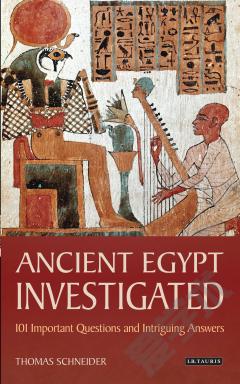

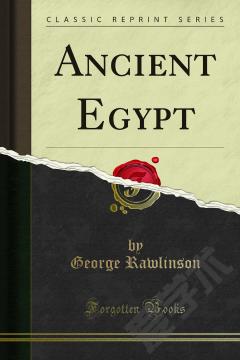
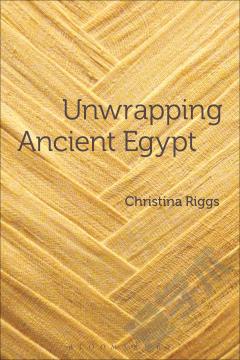
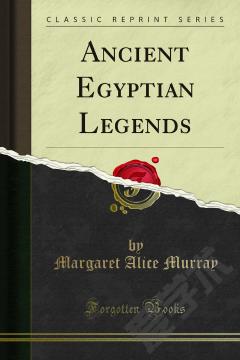

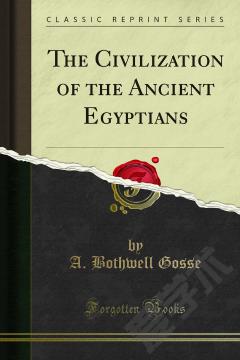

 京公网安备 11010802027623号
京公网安备 11010802027623号